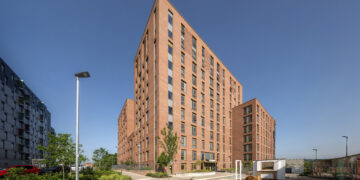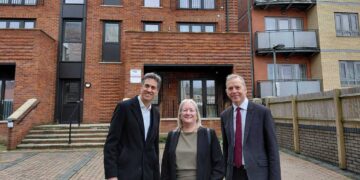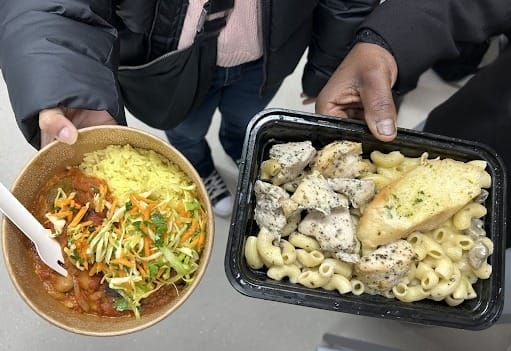ASYLUM hotel residents have raised concerns over the quality of the food they are being provided and the impact it is having on their health.
On Wednesday, November 1, asylum seekers and local organisations invited accommodation owners to a ‘potluck’ dinner to highlight the difference in quality between the food they are being served, which is produced offsite and reheated in plastic containers, and what it is possible to cook with the same budget.
Social enterprise FINK Street provided the alternative meals, with asylum seekers suggesting that the meals they eat lack fresh ingredients and don’t allow them to adopt the balanced diets they need to stay healthy. Several residents reported that not having any choice but to eat the poor-quality food over the past two years has had a severe impact on long-term conditions such as diabetes and heart issues.
One asylum seeker said: “I have been staying in a hotel for two years because I am still waiting for a decision on my asylum claim. Before that I didn’t have any heart problems or cholesterol problems.
“Over time, I have developed both because of the bad food I have to eat everyday. I had angina last year, and I had a stent. Recently, I had angina for the second time, and all of this was because of the food. It causes me so much stress that my health has been damaged, and there are many others like me who have been harmed.”
The dinner was put on by Reading Deanery, Alliance for Cohesion and Racial Equality, Ututlivu Women’s Group, Refugee Support Group, the University of Reading, Reading Student Union and Basingstoke Methodist Circuit for hotel owners and managers to compare the meals and consider how it may be affecting people’s health.
James Reid, co-founder of FINK Street Food, said: “Having access to healthy food is so important to both your physical and mental health, which are intrinsically linked.
“We feel really strongly that it is possible to cook simple yet healthy food on a budget that these hotels can meet. They are being paid to provide a service and therefore have a duty of care to provide a balanced food service for the asylum seekers.”
























